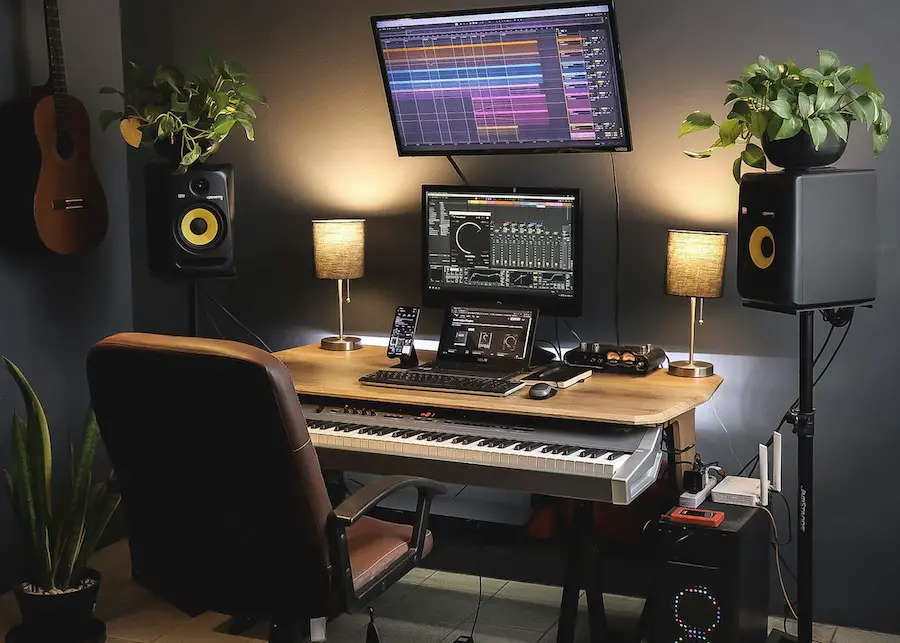Mixing and mastering are two crucial steps in the music production process. If you plan on selling your music, getting your music professionally mixed and mastered is a necessity. A question that I often hear asked is “What is the difference between mixing and mastering?” I believe part of the confusion is that many people just entering the music production field get the terms mixed up.
To find out the difference between mixing and mastering, we first need to define what these two processes are.
What is Mixing: Putting the Puzzle Together
Mixing is the process of putting the various layers of audio tracks and instruments together to make a single track that sounds clean and cohesive. Think of each instrument or track as a puzzle piece, and it is the job of the mixing engineer to put those pieces together in a way that will make the song as emotionally impactful and concise as possible. During the mixing process, the mixing engineer has access to every element of the recorded instruments. He can edit individual parts, EQ, and add effects to everything separately. He is essentially working from the ground up to make all of these individual tracks into something that flows together to make a song. After the mixing process, it should sound like a song.
What is Mastering: The Final Touches
Mastering is the final pizzazz to your song or album. It refers to taking that single track that was created in mixing and optimizing it by adding compression, equalization, stereo enhancements, and modifying the loudness. These processes are done on each song to make sure that your album or EP has a sense of cohesiveness. You don’t want one song to blow out your speakers while another song is barely audible. While mixing can be viewed as a bottom-to-top process, mastering, on the other hand, is a top to bottom process. Just keep in mind that mastering is processing on an individual stereo file that was created through the mixing process.
Can I Mix and Master My Music Myself?
I believe that mixing is a good skill to learn for artists because it can help them communicate their vision of the song to another mixer in the future. Mixing can definitely be done by yourself, but just like any skill, you need a lot of time and practice to become proficient at it. So do you have the time to dedicate to learning to mix or you do want to make more music? That is up to you, for sure. When you are first starting out, you might not like the results, but with practice, you will get better. There are many artists that mix their own music, but that comes after years of effort. If you are going to release your music to be sold, I definitely recommend finding a professional mixing engineer.
As for mastering, I don’t recommend self-mastering. You are going to be limited by how familiar you have become with the song and might not be able to hear some of the problems it might have. Also, a professional mastering studio is going to have great acoustics and the ability to accurately judge the frequency balance.
I hope this helped you and leave a comment if you have any questions.
